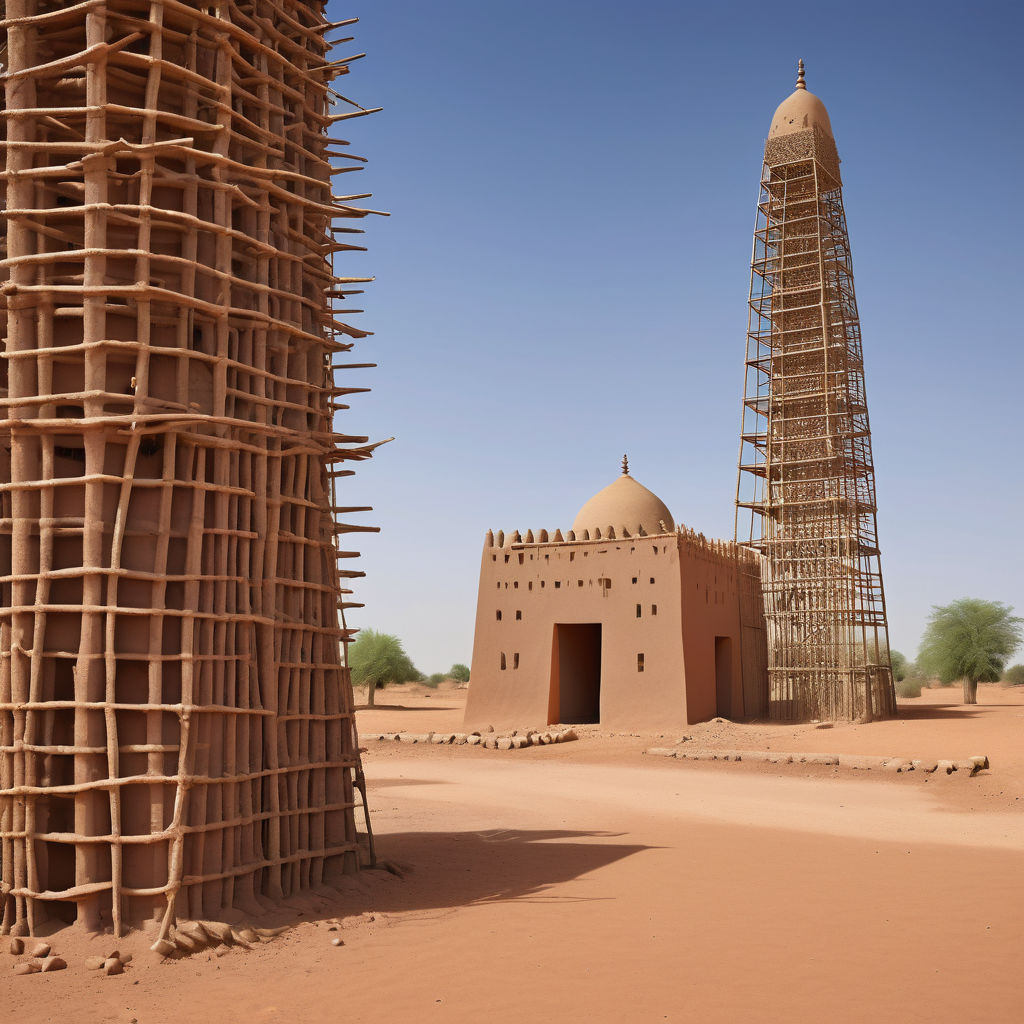Introduction to Niger: Culture, Heritage, and Modern Insights
Explore the Rich Cultural Heritage and Modern Life of Niger

Introduction to Niger
Niger, officially known as the Republic of Niger, is a landlocked country located in West Africa. It is bordered by Libya to the northeast, Chad to the east, Nigeria to the south, Benin and Burkina Faso to the southwest, Mali to the west, and Algeria to the northwest. The capital city, Niamey, is the largest urban center and serves as the political, economic, and cultural heart of the nation. Other significant cities include Maradi, Zinder, and Agadez. Niger boasts a rich cultural heritage that reflects its diverse ethnic groups, including the Hausa, Zarma-Songhai, Tuareg, and Fulani. This cultural diversity is evident in the country’s music, dance, festivals, and traditional crafts. The annual Cure Salée festival in Ingall is a major cultural event that celebrates the end of the rainy season and brings together Tuareg and Fulani herders for several days of festivities. Niger’s cuisine, featuring dishes like millet porridge, rice, and meat stews, reflects its agricultural practices and nomadic traditions.
Cross-national and Cross-cultural Understanding
Nigeriens generally exhibit a welcoming and open attitude towards other cultures, influenced by their country's history as a crossroads of trans-Saharan trade routes. The people of Niger value cross-cultural understanding and actively engage in cultural exchanges, educational programs, and international partnerships that promote mutual respect and learning. Cultural exchanges play a significant role in fostering cross-cultural understanding in Niger. The country hosts various festivals and events that celebrate both local and international traditions. For instance, the International Festival of the Sahel in Agadez attracts artists and audiences from around the world, promoting cultural exchange through music, dance, and visual arts. Additionally, Niger’s participation in regional organizations such as the Economic Community of West African States (ECOWAS) facilitates cultural and educational exchanges. Educational programs in Niger emphasize global awareness and cross-cultural understanding. Schools and universities incorporate multicultural perspectives into their curricula, encouraging students to appreciate and respect diversity. The Abdou Moumouni University in Niamey collaborates with international institutions to facilitate student and faculty exchanges, enriching the educational experience and fostering global connections.
Interactions and Social Dynamics
Typical interactions between Nigeriens and foreigners are characterized by warmth, respect, and a strong sense of community. Social behaviors in Niger reflect a blend of traditional customs and contemporary influences, emphasizing respect for others, hospitality, and communal living. Communication styles in Niger are generally informal and friendly. French is the official language, but several indigenous languages, including Hausa, Zarma, and Tamasheq, are also widely spoken. This multilingualism facilitates interactions with tourists and expatriates, making it easier for them to integrate into the local community. Cultural norms in Niger place a strong emphasis on respect for elders, community involvement, and a relaxed approach to time. These norms create a welcoming and inclusive atmosphere for foreigners, who often find it easy to adapt to the local way of life. Public displays of affection are generally modest, reflecting the country’s traditional values, but social gatherings and communal activities are vibrant and inclusive.
Views on Dating and Relationships
Attitudes towards dating and relationships with foreigners in Niger are generally open and accepting, though influenced by cultural and traditional norms. Nigeriens recognize the opportunities for cultural exchange and personal growth that such relationships can bring. However, traditional customs and values play a significant role in shaping these views. Family involvement is significant in relationships in Niger, with elders often playing a crucial role in the approval process. Traditional customs emphasize respect, patience, and the gradual building of trust in relationships. While modern dating practices influenced by global trends are becoming more common among younger generations, traditional values still hold sway in many communities.
Marriage and Family
Marrying a foreigner in Niger involves navigating both legal and social considerations. Legally, the country has clear regulations governing marriage, including residency requirements and the need for proper documentation. Socially, cross-cultural marriages are generally accepted, though couples may face challenges related to cultural differences and integration. Familial acceptance is a key factor in cross-cultural marriages. Nigerien families can be protective, and gaining their approval is often essential for the relationship's success. However, the diverse cultural landscape of Niger means that many families are already familiar with and accepting of different cultural backgrounds, which can facilitate smoother integration for foreign spouses. Trends in cross-cultural marriages reflect Niger’s open and inclusive society. Many Nigeriens who travel abroad for education or work form relationships with individuals from various cultures, bringing back diverse customs and traditions that enrich the local community.